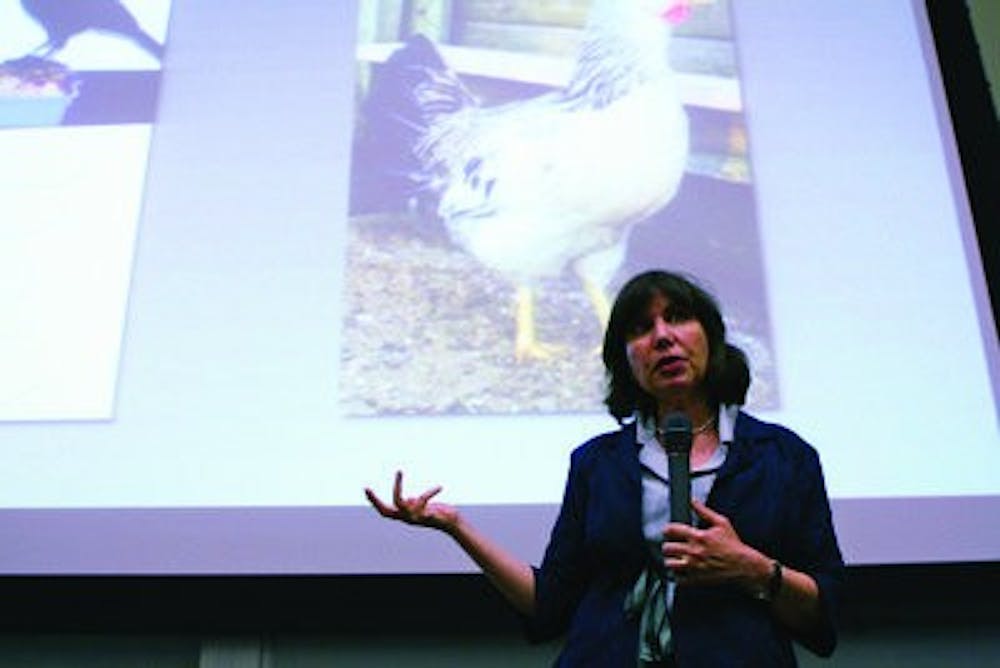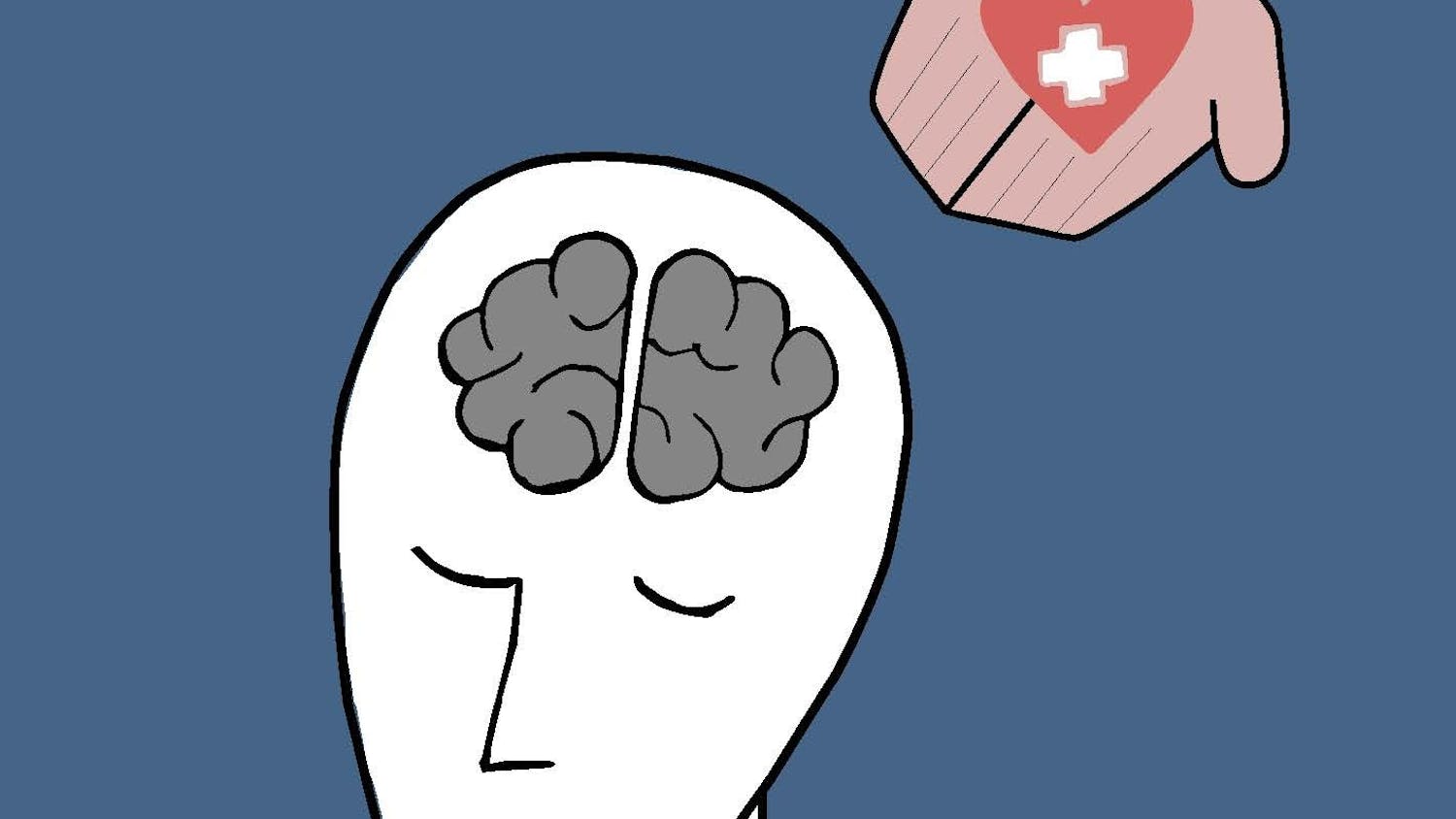Alison Gopnik, professor of psychology at the University of California at Berkley and author of "The Philosophical Baby," spoke Tuesday as a part of the Littleton-Franklin lecture on the psychological development of infants and young children.
As a teenager, Gopnik read Plato and was so interested in his work, she decided to follow in his footsteps and study psychology.
"I also remember thinking, 'Why is it that there aren't any babies that he talks about anywhere?'" Gopnik said.
Gopnik is the oldest of six children. She was around babies all the time and always found them interesting.
"You know, here were these great thinkers, and babies never occurred," Gopnik said. "And they were asking things like, 'How do we continue on after we die?' Well, we have kids. That seems like an obvious thing. They're not even mentioned."
Gerard Elfstrom, professor of philosophy and member of the Littleton-Franklin Faculty Committee, said many people on campus would be interested in Gopnik's research, particularly those in the psychology department and the department of family planning and childhood development.
In the animal kingdom, Gopnik said the more intelligent the animal is, the longer it takes it to reach maturity, similar to human development.
"Some animals learn how to do one thing extremely well," Gopnik said. "Other creatures aren't able to do one particular thing very well, but we are very good at learning new things."
Gopnik said though some animals, like chickens, mature in a matter of weeks, they are not very intelligent.
In contrast, humans can be thrown into an environment and figure out how to survive.
"While you're learning, while you're figuring out how to deal with this particular environment, you're helpless," Gopnik said. "Evolution's way of solving that problem seems to be this protective period early in life when all we have to do is learn, and then a later period when we can take all the things we learned as children and put them to use to solve the problems we face as adults."
Gopnik and her colleagues formulate experiments designed to test and measure the way babies think, and that the number of children tested is usually small.
"One thing about developmental psychology is, because we can't go out and test everybody in the internal psych ward, which grown-up psychologists can do, we have to be pretty sure that our effects are really real to get them," Gopnik said.
Gopnik said many times, she conducts experiments that do not work or do not get results on the first trial.
"Usually what happens is the kids do something totally unexpected that we never would have thought of, and we have to adjust," Gopnik said. "When we do get effects, it means these kids are really engaged and interested."
Do you like this story? The Plainsman doesn't accept money from tuition or student fees, and we don't charge a subscription fee. But you can donate to support The Plainsman.





